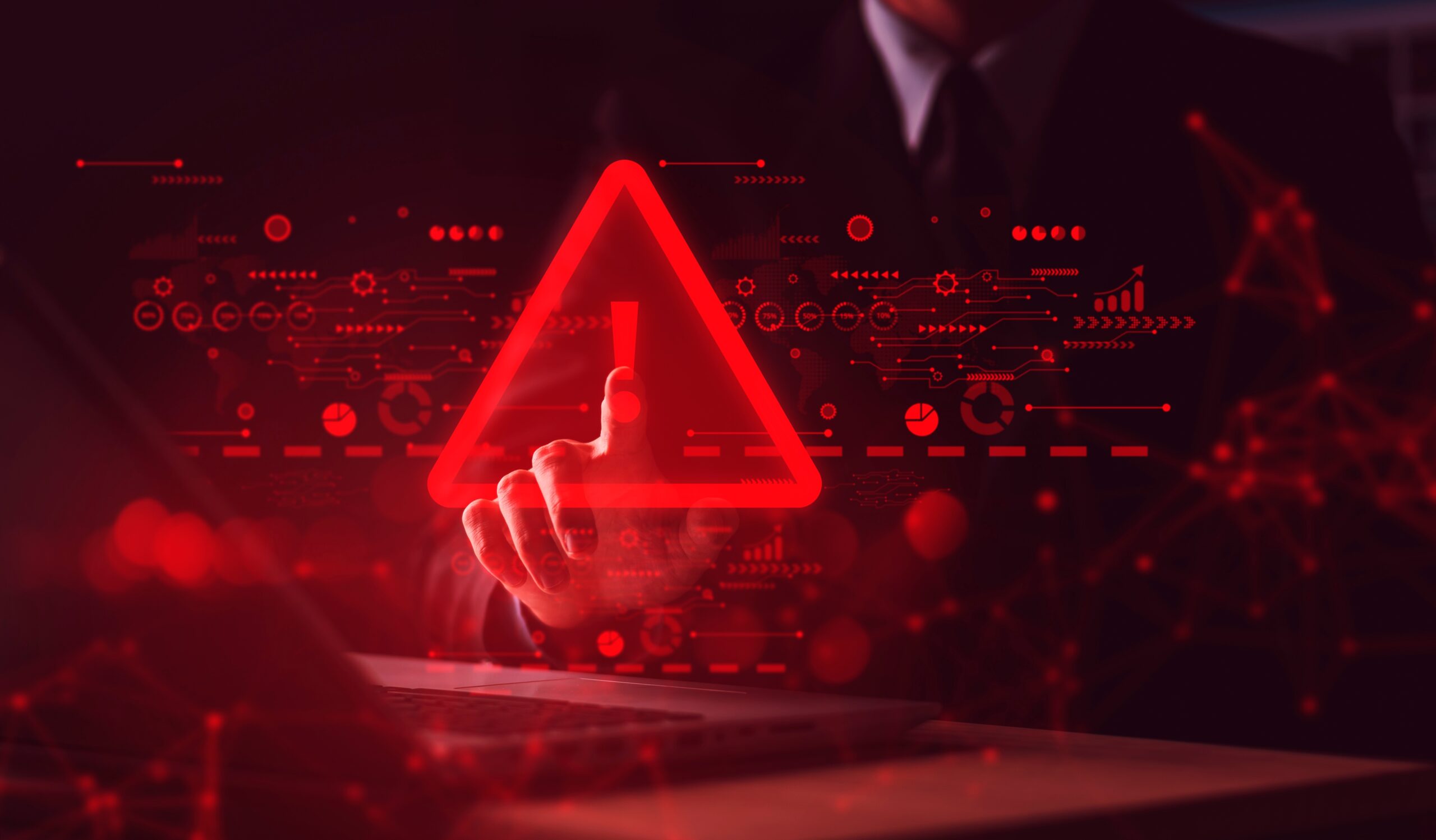Like other organisations, WUR depends on powerful, often American, data services. In light of the latest developments in the US, such as the unilateral dissolution of the privacy watchdog, there are calls to break away from this dependence. That, however, requires courage and means, participants of a gathering in Impulse last week stated.
During the event, meant for employees who work in WUR’s information management, such as the library, IT and Education and Student Affairs, the majority of those present declared they were willing to invest in trajectories to break free of big tech if it were to contribute to independent education and research. They stated they feel trapped in the powerful grip of the tech giants and would prefer to transition to European or even Dutch providers. It would require courage and means to make that transition, as well as decisions at an administrative level.
WUR-council
The WUR Council also expressed its concerns. The recent list of politically motivated questions WUR researchers received from America prompted them to investigate on Wednesday how the executive board views our reliance on American data services, as a representative of the student council, Clemens Blom, stated. ‘WUR manages a lot of data. From research but also student data. The Brightspace data are stored on the American Amazon servers. Does that mean that the United States government has access to our data? We wanted to know whether the board has considered this, and we would like to see them take a proactive role.’
The executive board shares these concerns, the event revealed. Blom: ‘But they see that this is an issue Wageningen cannot solve alone. Therefore, they join forces with other universities and the ICT cooperation SURF.’ Blom: ‘We will monitor what progress is made.’
* According to the EU-US Data Privacy Framework, European data stored on American servers cannot be used for American purposes. An independent watchdog monitors compliance. Directly following his inauguration, Trump dissolved this watchdog, which means that the security of European personal data on American servers is no longer being safeguarded.
Big tech at WUR
WUR also uses many internet services from American tech giants such as Microsoft, with which you log in to WUR computers and from which you use Outlook, Office and Teams. Or Adobe, which provides Adobe Reader for pdf files and Adobe apps such as Photoshop, Illustrator, and InDesign, which designers use for Resources. However, Apple, Amazon, Google, and Meta are similar internet giants with large market shares and enormous turnovers. And lots of data.
Because the tech giants often provide a package of digital programmes and services, their product is a convenient option. The money they earn enables them to further improve their services and take over smaller, emerging parties, thus increasing their market share, both commercially and politically. At the same time, their customers become increasingly dependent -the larger the business, the more difficult it is to transition to a different provider- which increases risks.
Courage, work and money
Their monopoly position means the providers can dictate the terms. At the same time, they manage our personal and valuable data. That is a problem when our public, personal and institutional values, such as equity, autonomy and humanity, no longer align with those held by big tech. The tech giants determine what digital world we live in by filtering who sees what information. They can also lobby to gain influence with the government. Moreover, they could allow our data to end up in the wrong hands. Recent political developments, such as the installation of Donald Trump as the president of the United States, who has caused certain climate datasets to become inaccessible, or the ensuing privacy risks, prompt WUR to consider whether our personal and public values are still aligned with the way big tech manages our digital environment. And if not, what can we do?

 Many large, powerful tech companies originate in the United States. For example, ChatGPT, Microsoft, Meta (which includes Facebook and Instagram) and Google. Photo Shutterstock
Many large, powerful tech companies originate in the United States. For example, ChatGPT, Microsoft, Meta (which includes Facebook and Instagram) and Google. Photo Shutterstock 